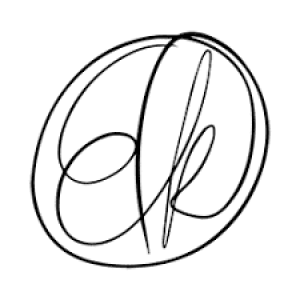
When I started my media career writing, of all things, about sneakers and streetwear, I felt the need to embody a strong ethical element to everything I did. I think it came down to the fact that I didn’t go to school for journalism, and that the ethics and trust associated with journalism were things I needed to embody. Without a strong ethical stance, I wouldn’t be able to shake the initial Imposter Syndrome.
This initial framework of looking at things in binary outcomes can at times be a blessing. Decision making falls under a very simple decision tree. However, in some instances, and as the foundation of this Editor’s Letter, the reality of our world is far more complex than a simple ‘yes’ or ‘no.’ There are a lot of “if this, then that” outcomes that I’m not oblivious to.
Most people’s mental frameworks won’t look linear and tidy, but rather as a crisscross of wires and ideas full of contradictions. The contradictions I’ve come across are an interesting exercise in really understanding my beliefs and what I represent. Professor David Berliner stated the underlying importance of contradiction in a piece for Aeon, “While most humans struggle to maintain a sense of psychological unity, contradictions produce destabilising breaches in the self.
Whether conscious or unconscious, these fissures nourish creative inspiration, which can be interpreted as a way to resolve or sublimate internal oppositions. I believe this can be said of all domains of creation. Perhaps art, literature, science or philosophy wouldn’t be possible without intrapersonal contradictions and the desire to resolve them.”
When I act in a contradictory fashion, I get this knot in my stomach that makes me question my own moral fiber. It seems as though I, and to a greater extent “we” with MAEKAN, may very well embark on contradictory behaviors. Berliner also mentioned that “Humans live peacefully with contradictions precisely because of their capacity to compartmentalise. And when contradictory statements, actions or emotions jump out of their contextual box, we are very good, perhaps too good, at finding justifications to soothe cognitive dissonance.” Case in point: it’s been a goal to add some sort of product component to MAEKAN.
But if you’ve followed our media diet, it’s rife with questions of capitalism, environmental sustainability, and identity. Releasing curated products and merchandise are things we get excited, yet run counter to another strong belief of ours, that there’s way too much shit in this world, and that we don’t want to add to it. As we’ve realized over time, running the type of media platform that allows us freedom of topics and stances cannot come through ads.
Neither are we entirely interested in building a media company. Instead we simply want to create a community which weaves content and discussion with tangible products as a binder of sorts. Products have seemingly been a way (and something requested) that can help us achieve these goals. It would be incredibly painful for us to be misunderstood in our intentions around putting stuff out in the world. We hope the transparency around the process allows people to understand what’s going on in our heads as we aim to meaningfully contribute and grow MAEKAN.

Eugene Kan
Editor-in-Chief
























